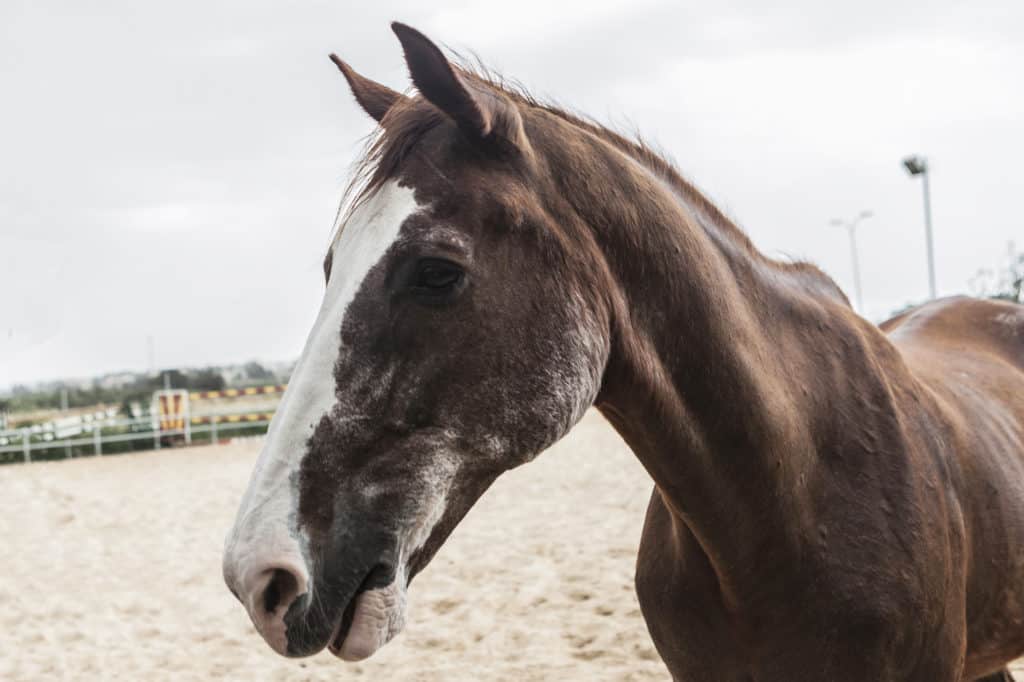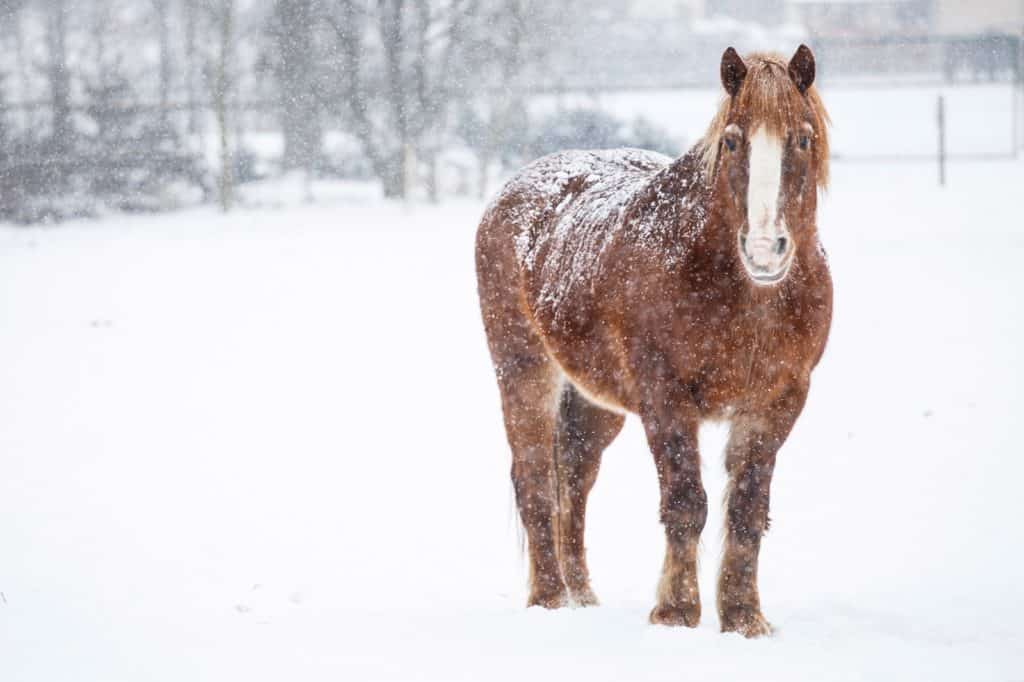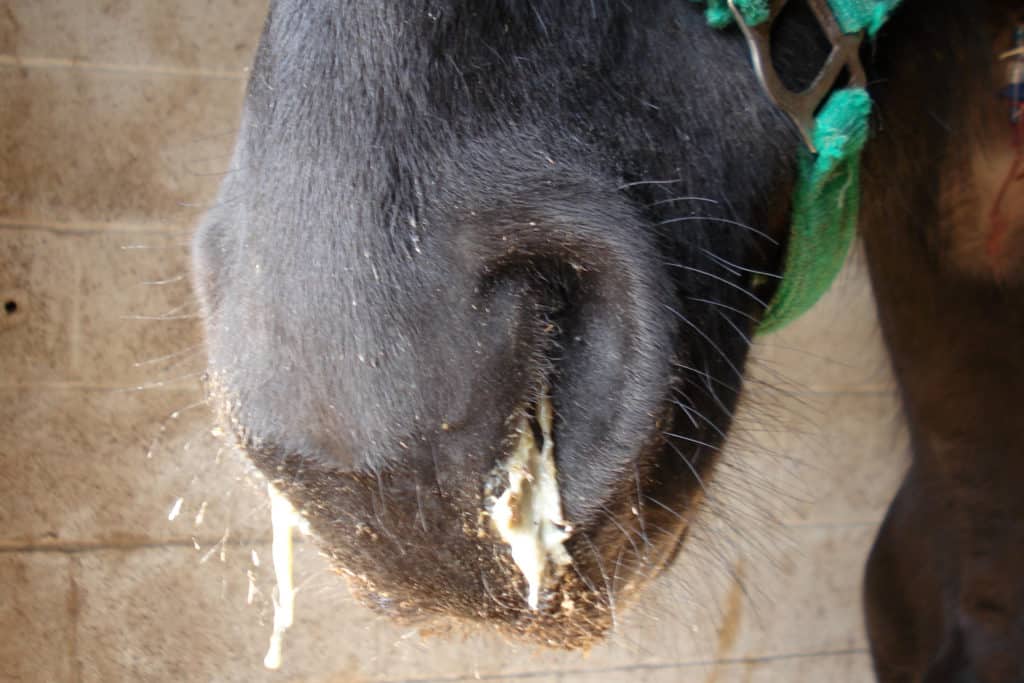
Is My Horse Neurologic or Lame?
Gait-altering conditions such as EPM, wobbler syndrome, and Lyme disease can be tricky to spot and even more difficult to diagnose.

Gait-altering conditions such as EPM, wobbler syndrome, and Lyme disease can be tricky to spot and even more difficult to diagnose.

When switching your horse to a forage-focused diet, first obtain a hay analysis and choose a ration balancer that fills the nutritional gaps.

There’s nothing appealing about this seasonal skin condition. Here’s what experts know about managing, treating, and preventing sweet itch in horses.

Have your veterinarian perform a fecal egg count on your horse before deworming to ensure your protocol is effective and reduce the incidence of parasite resistance.

Find out what conditions, beyond lameness, a veterinarian might uncover during a prepurchase exam.

Is your senior horse a picky eater? Be sure he has regular veterinary dental examinations and consider changing his forage or concentrate feed.

How veterinarians diagnose and rehabilitate horses suffering from kissing spines.

Find out what a veterinarian might look for when examining a horse that loses his balance after jumping a fence.

Horse show environments can put sport horses at risk for developing skin problems. Learn what causes common skin issues and how to return horses to top form.

Scott Anderson, DVM, explains how shock wave therapy can help a suspensory ligament injury heal quickly and successfully.

Cold weather affects older horses more than it does their younger companions. Learn how to keep your senior comfortable and healthy during cold weather.

Can you see the signs of stress? Equine behavior experts share what to look for in your horse.

Soft tissue injuries can occur in any horse. Learn about the injury cascade and how to help horses on the road to recovery.

Two veterinarians share how they diagnose, treat, and rehab back-sore horses.

Here’s how to handle a strangles outbreak in your barn and prevent the disease in the future.

Horses on antibiotics might experience feeding, housing, and management changes as well as increased stress, which are associated with gastric ulcer development.
Stay on top of the most recent Horse Health news with
"*" indicates required fields